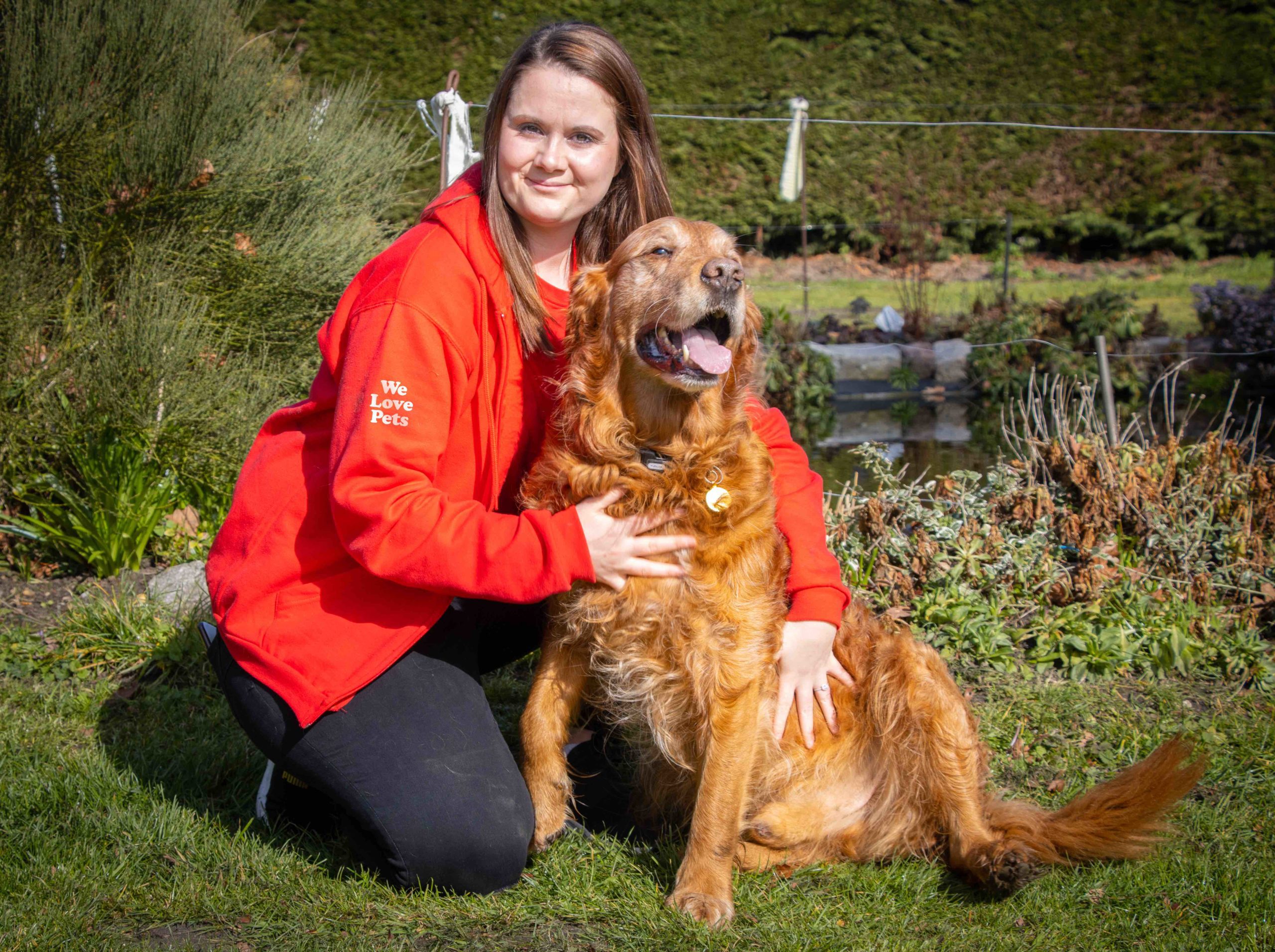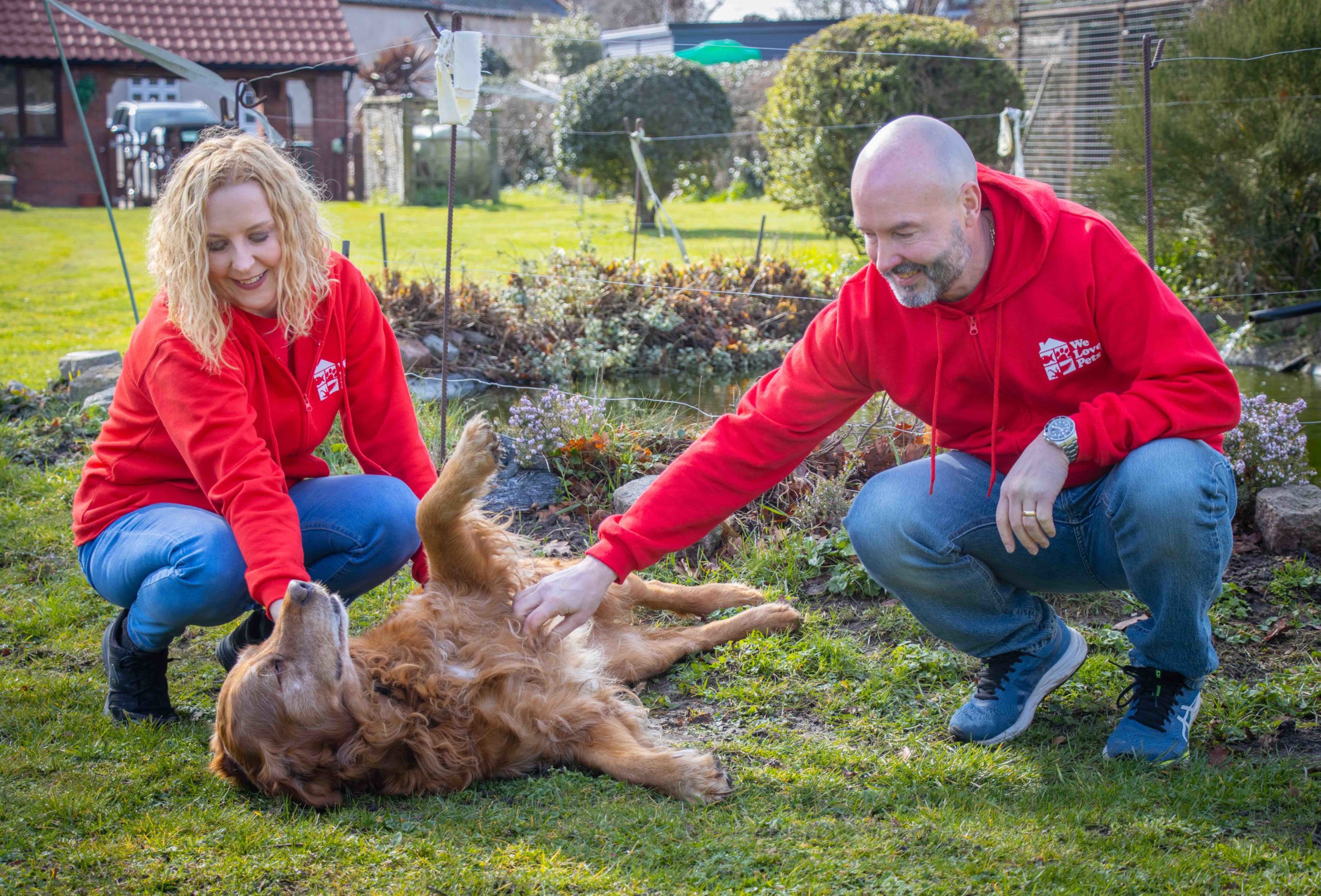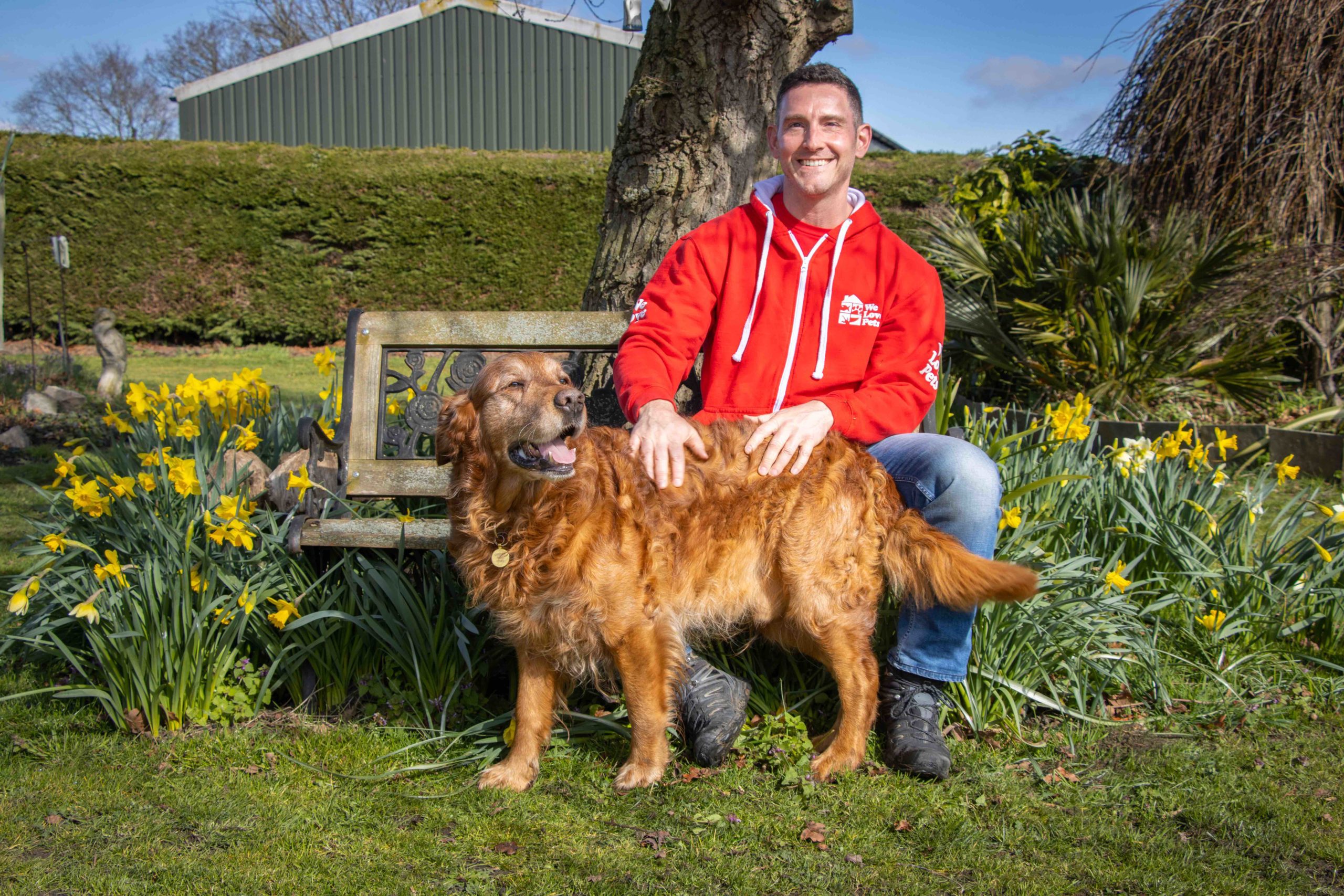by Dr Craig Waldron, behaviour vet
With the firework display season coming up, here are some tips that we give owners on how to help their pets get through this worrying period.
How to tell if your pet is afraid
Craig Waldron, small animal vet says to look out for the following signs:
“In dogs, symptoms of fear can include pacing, panting, trembling, hiding, being clingy, drooling, howling or barking, refusing to eat, being destructive, causing self-trauma, and inappropriately toileting. In cats, they can include cowering, hiding, attempting escape, and inappropriate toileting. And in rabbits, they can include foot stamping, staying motionless, and attempting escape”.
How to prepare your pet
But don’t panic, here are our top tips to help you to prepare your pet.
- Check for local events happening near to you. They might be every night of the week and knowing what’s happening and when will help you to plan.
- Make a safe den, away from windows, and fill it with some blankets (so they can dig and burrow underneath).
- Craig recommends installing an Adaptil or DAP diffuser near the den. This releases smells that have a calming effect.
- Take your dog out to the loo before fireworks start, so you don’t have to go outside until the displays are over.
- Keep all the windows closed and draw the curtains.
- Play some music to help drown out the noise.
- Remain calm with your dog. Try not to fuss them too much and don’t get cross. Try some games or training activities to distract them. If they can’t be distracted take them to their safe den area.
- If you have smaller animals such as rabbits or guinea pigs bring their hutch into a quiet area (e.g. house or garage).
- If your pets get really stressed visit your vet to discuss management plans – both long and short term. Your vet can refer you to a behaviourist who should help you to get your pet ‘desensitised’ to fireworks.
Remember to watch out for wildlife and make sure check your bonfires for hedgehogs and birds.
We would like to thank Craig for his assistance in preparing this information. It is intended as advice only and if you are at all concerned about the health of your pet you should contact your own veterinary practice immediately.




